If you’ve spent any amount of time in Washington, there’s a good chance you’ve internalized a rosier narrative of the Cold War than the actual history warrants (I certainly had). To correct that, I have an essay out in Foreign Affairs with...
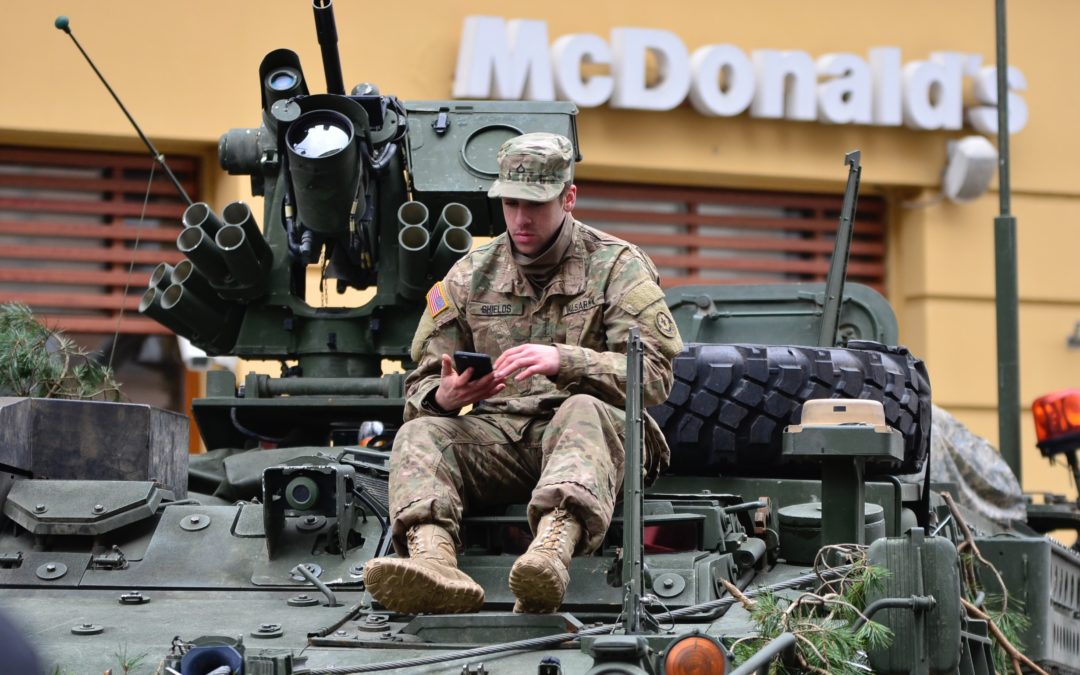

If you’ve spent any amount of time in Washington, there’s a good chance you’ve internalized a rosier narrative of the Cold War than the actual history warrants (I certainly had). To correct that, I have an essay out in Foreign Affairs with...
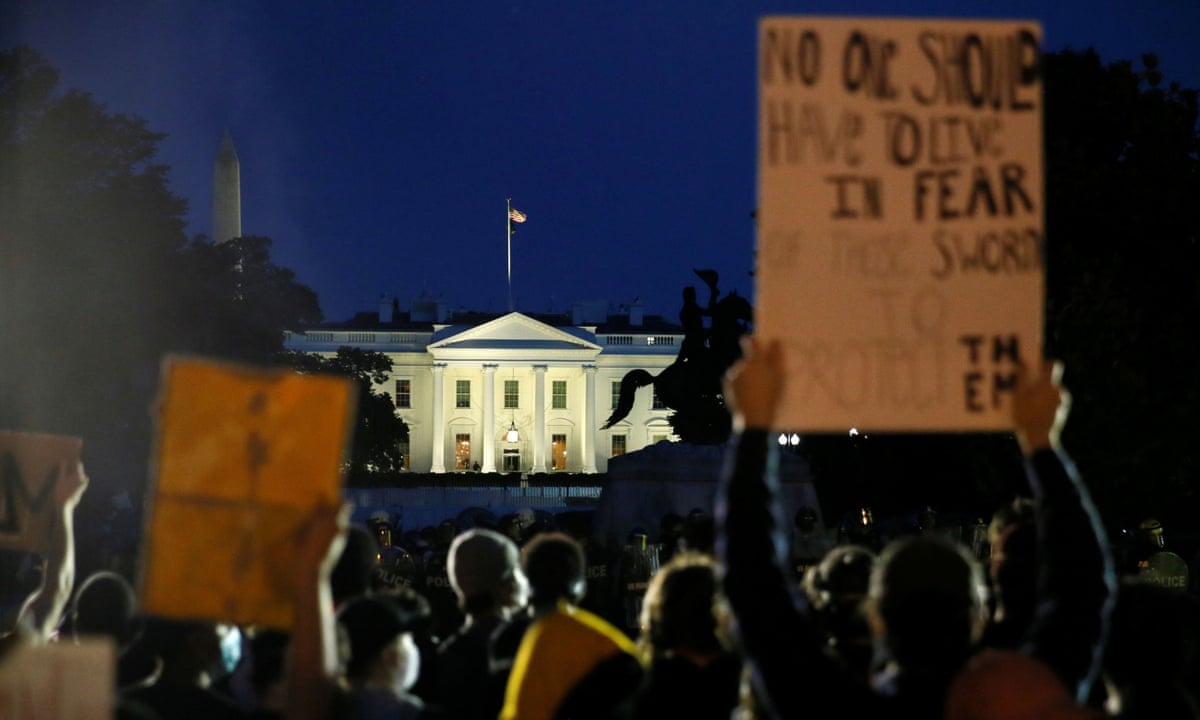
This is a guest post from Manuel Reinert, a PhD candidate in international relations at American University and consultant with the World Bank. As the COVID-19 crisis illustrates, international...
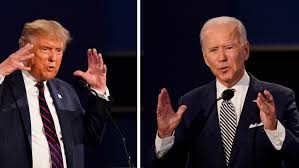
This is a guest post from Ryan Beasley, Senior Lecturer at the University of St Andrews, with research interests in political psychology and foreign policy: Juliet Kaarbo, Professor at the...
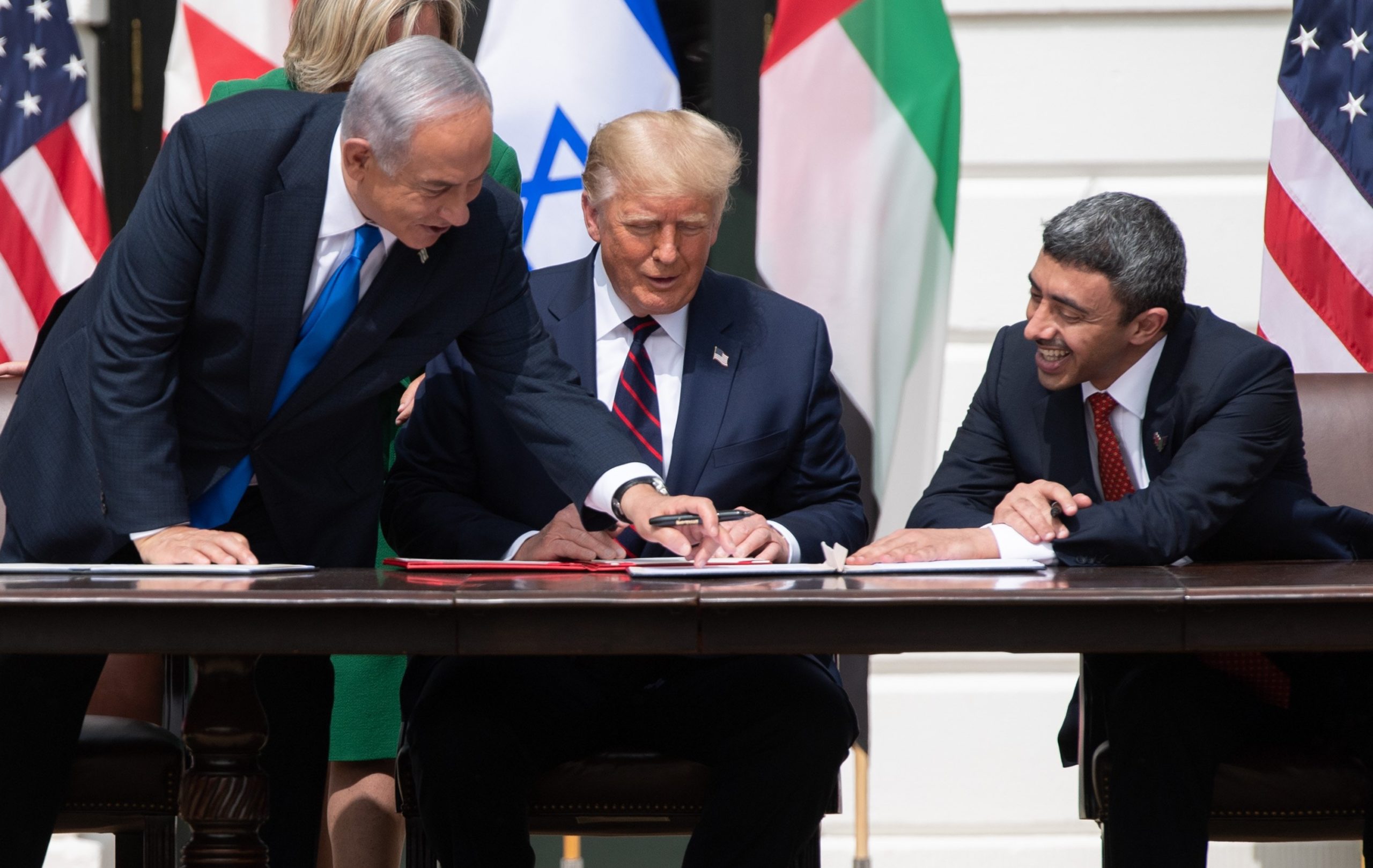
In September, the UAE and Israel signed "the Abraham Accords," normalizing relations between the UAE and Israel. The Trump Administration presented this as if it was equivalent to the Camp David...
This is a guest post by Christopher Gelpi and Elias Assaf. Christopher Gelpi is Chair of Peace Studies and Conflict Resolution at the Mershon Center for International Security Studies and Professor of Political Science and Elias Assaf is a Ph.D. candidate in Political Science at The Ohio State University, both at The Ohio State University President Donald Trump adopted a variety of controversial and unorthodox foreign policy stances during the 2016 presidential campaign. Since taking office, Mr. Trump has moved quickly to begin implementing many of these policies – including a border wall...

Over the weekend, Donald Trump gave an interview with Michael Gove of The Times of London and Kai Diekmann, a former editor of the German newspaper Bild. (The interview is behind a paywall, but you can register for free for access to two articles a week from The Times.) There has been ample coverage in the press (see here, here), focusing on Trump's ambivalence to NATO ("obsolete" "very important"), hostility to the European Union ("Personally, I don’t think it matters much for the United States"), and equal regard for Angela Merkel and Putin ("Well, I start off trusting both — but let’s see...
I was reminded on twitter that international relations professors have trained students for generations to focus on the third and second levels of analysis and dismiss the first--that individuals and their characteristics matter much less than the constraining impact of institutions and the incentives provided by the international system. So, should we just apologize as Trump sells out the postWWII order and ends American hegemony by whim or fiat? No, we need to drink heavily. Seriously, there are a few real responses to this question of agency and structure. First, realists will say, and...
To be clear, the latest news is "intra-civilian" but is likely to cross over given the stakes. Remember the old days where the "smart" Bolsheviks left the personnel and other boring issues to Stalin? Yeah, so Stalin staffed the new Soviet government with his guys, and the theorists, well, they did not end up this way. That might be too bloody of an example, but I am not at all surprised that General (retired) Mattis is having tensions with Michael Flynn and the other Trump folks over who to staff the Pentagon. If Mattis can't pick his own staff, it will mean not only that he will not have...
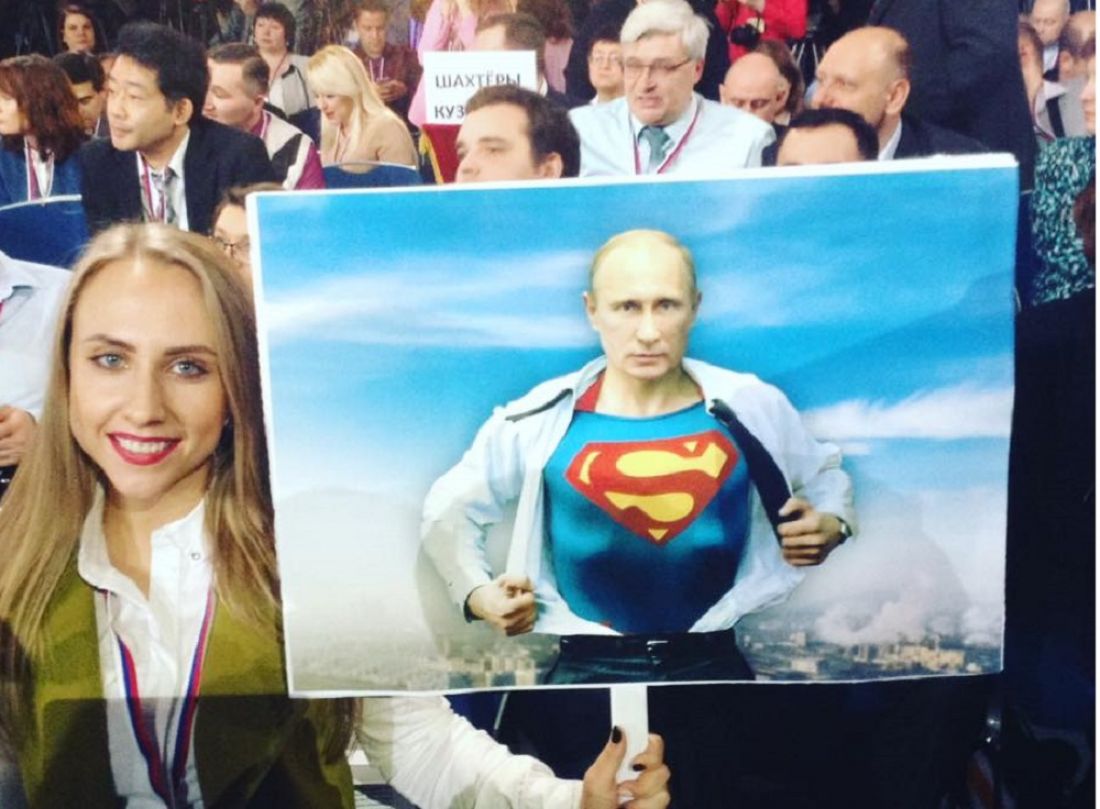
Putin’s annual press conference is a chance for regular citizens to spend 3 hours in a great and rich Russia, where everything is in order and Putin is capable of installing presidents in foreign countries (according to one journalist). In general, the press conference strived to paint a picture of a great power facing some economic problems and who is constantly challenged by other countries (they are probably jealous and/or Russophobic). For me it was also a chance to wonder at Putin’s stamina. He might not be Superman, as one of the posters brought by the journalists stipulated, but his...
The President-Elect has called for expanding the US nuclear arsenal, not just modernizing it (old warheads may not be good warheads). And when asked about whether this might lead to an arms race, he said woot! Who wins arms races? Arms manufacturers and their stockholders Maybe Ken Waltz (who is already dead) Yeah, that's about it. How about who loses? Each country that is involved The taxpayers Pretty much everyone else. Really? Is it that bad? Yes, it is. Why? There are two possibilities when it comes to a nuclear arms race: either the competition among nuclear powers to build more...
This World Politics in a Time of Populist Nationalism (WPTPN) guest post is written by Aida A. Hozić is an Associate Professor of International Relations at the University of Florida. This blogpost draws on a chapter prepared for Hegemony and Leadership in the International Political Economy, edited by Alan Cafruny and Herman M. Schwartz (Lynne Rienner, forthcoming). There is a moment at the end of every regime when the relationship between all hitherto accepted modes of representation and reality seems to collapse. Regimes start running on fumes when well-established political rituals...
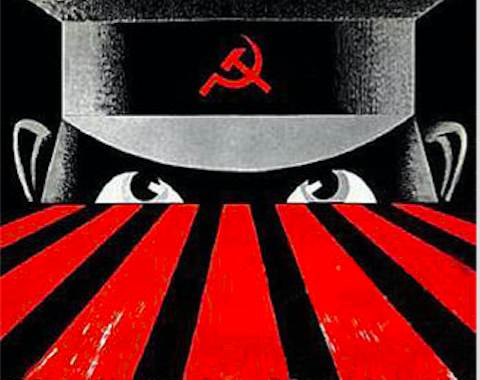
Gone are the good old days when I had to explain what the word ‘yarki’ means to my friends and colleagues (for the record, ‘colorful’, not ‘brilliant’). Now I will have to clarify the complexities of planting child pornography into the computers of oppositional leaders thanks to the re-emergence of ‘kompromat’. Why did kompromat, arguably a KGB-developed practice of mining compromising material on politicians and blackmailing them with it, surface again in the media? As Fabian Burkhardt noticed, the word first appeared in the English language with the information wars of the 90s. Moreover,...